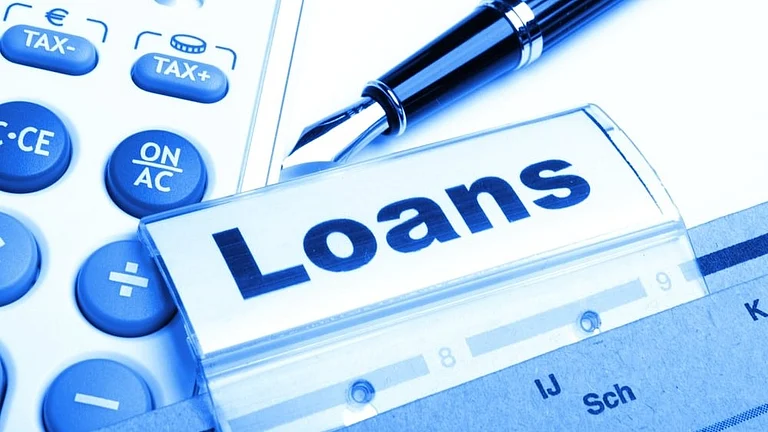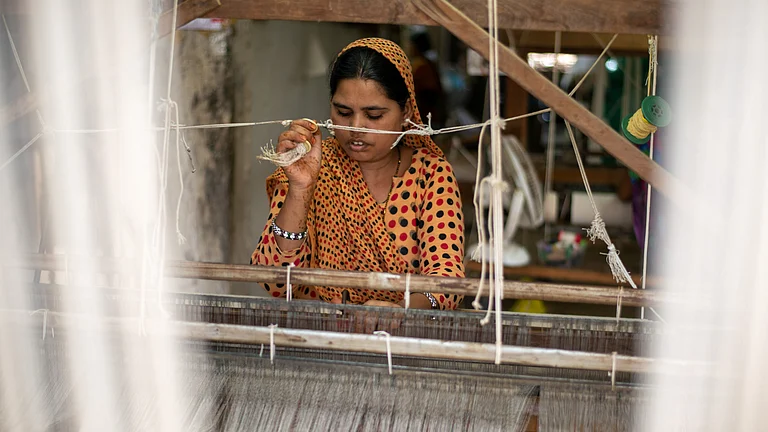MSME's are the backbone of our nation's growth. Speaking at Outlook Sustainability's flagship event, C3—Climate Circularity Community, industry leaders pointed out the importance of collaboration and innovation in building a sustainable corporate view.
While big brands are now increasing their focus on integrating sustainable supply chains, micro small and medium enterprises (MSMEs) are also taking similar steps. These enterprises are creating new business opportunities for themselves, and that too as 'suppliers'.
"They (MSMEs) have created that new business opportunity for themselves where they can actually become suppliers and that is where this collaboration comes in," said Rajesh Ayapilla, Senior Director, Sustainability and CSR, Coca Cola.
"But at the same time, our job is to ensure that those investments that these MSMEs are making, they stay protected which means that as, reputable brands who have got their own corporate reputation at stake, we also should ensure that we offtake the product from these MSMEs who have created these recycling capacities," Ayapilla said while speaking at Outlook's C3 event.
Outlook Planet kicked off the first edition of C3—Climate Circularity Community—its flagship sustainability event, on March 10. Big businesses usually have multiple platforms to share their views, but small business players often have limited space for the same.
As per data, India has around 6 crore registered MSMEs, which make up about 30% of the country’s GDP. These businesses use about a quarter of the energy consumed by the industrial sector and could produce over 72 million tonnes of carbon dioxide by 2030.
Sustainable packaging starts with design—choosing the right materials, reducing waste and ensuring recyclability, pointed out Juhi Gupta, Director, Sustainability, Tetra Pak South Asia.
"Embracing sustainability for industry and businesses is no longer optional, it’s imperative. At Tetra Pak, we are committed to creating the most sustainable food packaging solutions in the world by investing in low-carbon, recyclable and plant-based solutions. Our focus is to strengthen the recycling infrastructure, reduce the dependence on our finite resources and enable the larger ecosystem to support this transition," Gupta added.
"We believe that integrating technologies like blockchain is the key to enhancing traceability and ensuring accountability across the value chain. As businesses, we must align our goals with climate commitments and actively pursue net-zero goals through meaningful partnerships and innovation in sustainable practices. Sustainability is not just about compliance; but to create long-term value for our planet and future generations," she further said.
Amazon's sustainability head, Swetha Ramdas, said innovation must translate into impact by improving internal processes for sustainability.
"We've been driving change to make our business and operations sustainable. Given our large and complex organisation, translating innovation into impact means assessing internal processes to ensure sustainability. Decarbonizing business isn’t a solo journey—it demands a collective action," Swetha Ramdas, Sustainability Leader, Asia Pacific, Amazon.

































